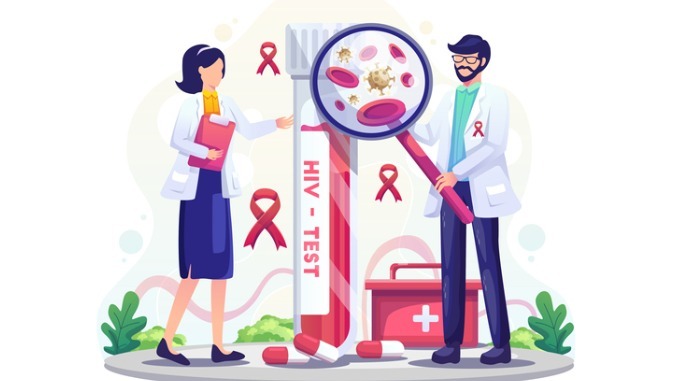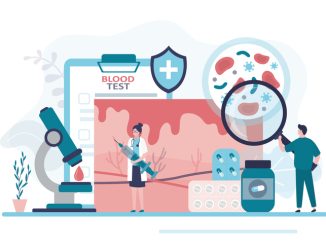
For practice managers overseeing healthcare operations, the findings of Positive Voices 2022 offer valuable insights into patient satisfaction and the societal challenges associated with managing HIV as a long-term condition within the framework of NHS care, aiding in informed decision-making and holistic patient support
CREDIT: This is an edited version of an article that originally appeared on National Health Executive
The latest edition of Positive Voices 2022, the UK’s most extensive survey among individuals living with HIV, reveals overwhelmingly positive sentiments toward NHS treatment and care, scoring an impressive average satisfaction rate of 9.4 out of 10. The study, conducted by the UK Health Security Agency (UKHSA), engaged over 4,600 participants from April 2022 to March 2023, inviting them through their local HIV clinics.
Embracing single-tablet treatment
One notable stride in the HIV care landscape is the increasing preference for single-tablet treatment plans, with a significant surge observed since 2017. Over half of the respondents (54%) now enjoy the convenience of a single tablet, marking a substantial leap from the 35.7% reported in 2017. This speaks volumes about the adaptability and evolution within HIV provision.
Delving into the satisfaction levels, Positive Voices 2022 reveals that a staggering 91.7% expressed contentment with their tailored treatment plans. This encouraging response showcases the dedication and effectiveness of the healthcare workforce committed to enhancing the lives of those living with HIV.
The stigma challenge
Despite the commendable satisfaction rates, a nuanced narrative unfolds when it comes to the societal perceptions surrounding HIV. Alarming statistics shed light on persistent challenges:
- 45.1% grapple with feelings of shame related to their diagnosis
- 32.1% experience diminished self-esteem due to their HIV status
- 13.7% express concerns about differential treatment in healthcare settings
- 10.4% opt for secrecy, revealing their diagnosis solely to healthcare professionals
- 4.3% report verbal harassment within the past year linked to their HIV status
- Another 4.3% recount discriminatory comments from family members
Mental health concerns
While the survey reflects remarkable strides, mental health concerns persist, impacting more than one in five respondents (22%) who reported symptoms of anxiety or depression. Distressingly, nearly half (49%) of those facing mental health challenges had received formal diagnoses.
Addressing gaps in care
Alex Sparrowhawk, HIV and ageing manager at the Terrence Higgins Trust, underscores the need for continued investment and attention. Sparrowhawk applauds the survey’s affirmation of high satisfaction levels with HIV care services but contends that a comprehensive approach is essential. Beyond treatment, addressing psychological services, social support, and welfare assistance becomes imperative to meet the diverse needs of those living with HIV.
Eliminating HIV transmission by 2030
Health protection consultant at UKHSA, Clare Humphreys, accentuates the broader impact of addressing stigma, anxiety, and depression within the HIV community. Beyond individual well-being, she emphasises the vital role such efforts play in achieving the government’s ambitious target of eliminating HIV transmission by 2030.
While Positive Voices 2022 celebrates remarkable strides in HIV care satisfaction, it serves as a poignant reminder of the multifaceted challenges individuals with HIV continue to face, urging a collective commitment to comprehensive support within healthcare practices and the elimination of societal stigma.


Be the first to comment